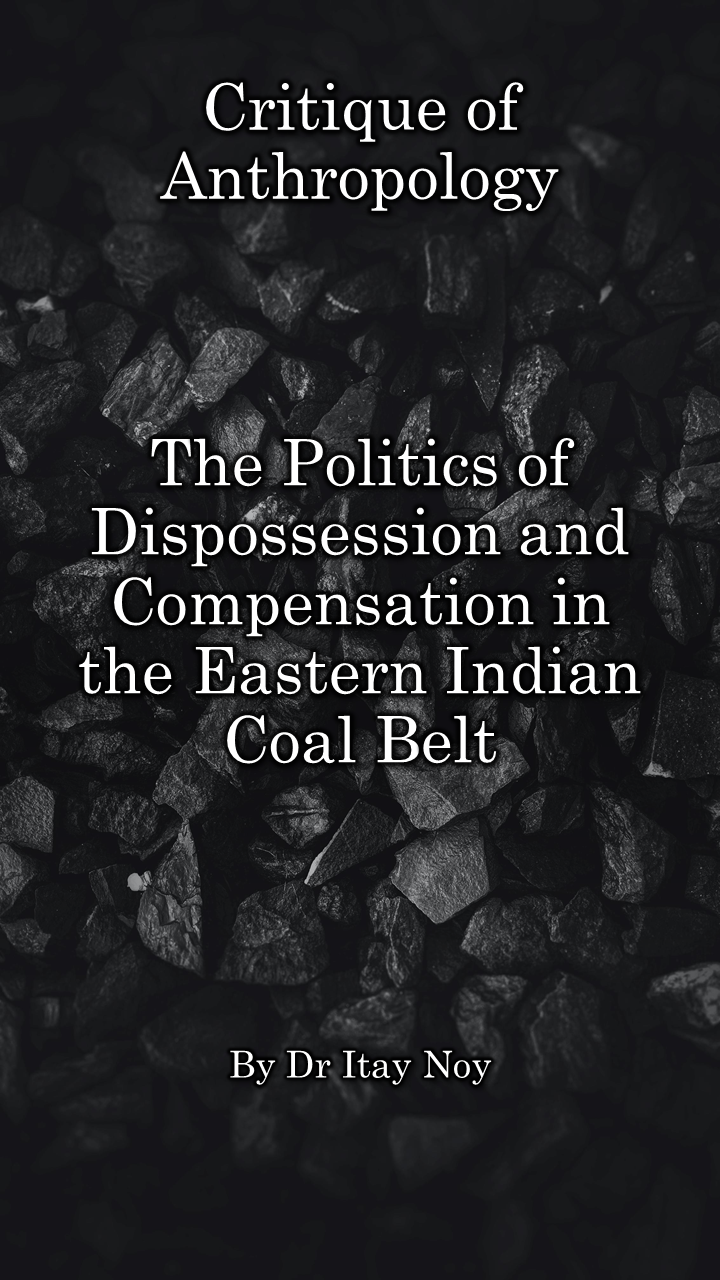Ethnographic studies in sites of land dispossession for large capital projects have revealed the diversity of local political responses to this process, from fierce resistance to compliance. The theoretical challenge, in this context, is to trace the particular factors that affect this politics, and the conditions under which different reactions to dispossession unfold. Drawing on fieldwork in an Adivasi (tribal) village adjacent to an opencast coal mine in Jharkhand, India, this article seeks to contribute to this inquiry. It illustrates how, in a predominantly precarious labour environment, the possibility of formal employment as compensation for expropriated land, and the ways in which such employment enables class mobility, can play a salient role in shaping local political dynamics around dispossession. The analysis shows how, in the community studied, compensatory jobs for dispossession gave rise to new class differentiation and shifts in political relations that have acted to curb potentialities of resistance – precisely in a context in which opposition to dispossession could have otherwise been considered likelier to emerge.
The politics of dispossession and compensation in the eastern Indian coal belt
Itay Noy
Critique of Anthropology. February 2022.





